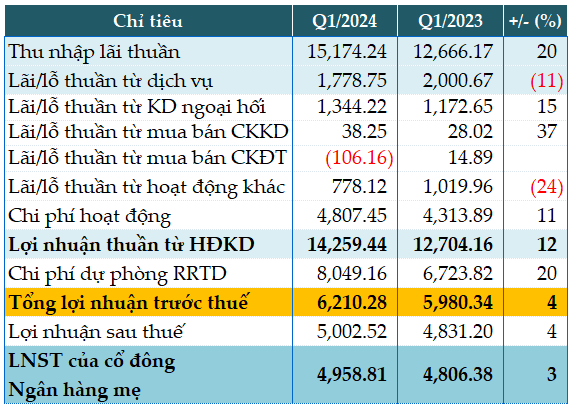The Ministry of Labor, Invalids and Social Affairs is drafting amendments to the Employment Law with new proposals related to policies to support job creation for workers.
EXPANDING THE OBJECTIVES BEYOND THE PRIORITY GROUPS
Referring to this content in the building of the Law, the Ministry of Labor, Invalids and Social Affairs stated that although the 2013 Employment Law has provisions on employment support policies, the socio-economic conditions have changed significantly. Therefore, the existing policies are no longer suitable and effective.
The Employment Law stipulates that the target group borrowing money to work abroad under contracts is limited to 5 groups of workers: ethnic minorities, poor households, near-poor households, workers whose agricultural land is reclaimed, and relatives of people who have made contributions to the revolution.
However, in reality, there are other groups of people, such as young people who have completed military service, police service, young people who have voluntarily completed tasks in implementing economic and social development programs and projects, and other migrant workers who have not been regulated, or have been regulated according to the regulations of each locality. They do not have equal access to preferential credit sources to work abroad.
On the other hand, many localities have signed agreements to send workers to work abroad with competent agencies abroad, on a seasonal basis. However, this issue has not been specifically regulated in the Law, so many workers have not had access to capital sources.
Therefore, the Ministry of Labor, Invalids and Social Affairs proposes to amend and supplement provisions on the target group borrowing money to work abroad, including: Workers working abroad under contracts and workers working abroad under agreements between state management agencies on provincial-level work and competent agencies of foreign countries.
Amendments and supplements to priority groups: Workers who are ethnic minorities; people belonging to poor households, near-poor households, households newly escaping poverty, households with average living standards; workers who are relatives of people who have made contributions to the revolution; workers in ethnic minority and mountainous areas, especially difficult border areas, coastal and island areas.
Workers with reclaimed land; workers who have completed military service, police service, young people who have voluntarily performed tasks in economic-defense zones after completing programs, projects, and young volunteers after completing their work tasks in economic-defense zones.
SUPPLEMENTING CAPITAL FOR JOB CREATION LOANS
In addition to support for loans for groups working abroad, this time, the drafting agency also proposes to amend and supplement provisions on capital sources for loans to create jobs within the country.

Currently, sources of capital for loans to create jobs include: Funds from the National Employment Fund; funds mobilized by the Social Policy Bank and funds entrusted by localities through the Social Policy Bank.
However, the 2013 Employment Law only has provisions on the National Employment Fund. Meanwhile, the main source of capital for loans to create jobs comes from two sources: funds mobilized by the Social Policy Bank, which accounts for the largest proportion and tends to increase (funds through the mechanism of interest rate differential support) but has just been regulated in documents below the Law.
Trusted funds from localities through the Social Policy Bank are currently not specifically regulated, so many localities have difficulties in entrusting funds.
In view of this reality, the drafting agency proposes to supplement provisions on capital sources for loans to create jobs, including: The National Employment Fund; Capital from local budget entrusted through the Social Policy Bank; Funds mobilized by the Social Policy Bank supported by the state through the regulations of the law on state budget and public investment; Capital from other organizations and individuals entrusted through the Social Policy Bank.
At the same time, supplementing provisions on the allocation of local budget capital by People’s Council at all levels, such as public investment capital, other development investment capital…, entrusting to the People’s Committee at the same level to carry out loans for job creation.
The Ministry of Labor, Invalids and Social Affairs said that in 2023, along with the recovery and development of economic sectors, the labor market continued to recover, and the number of employed people increased. According to statistics from the General Statistics Office, in 2023, the total number of employed workers nationwide reached 51.3 million, an increase of 683,000 people compared to 2022.
On June 8, 2023, the National Assembly issued Resolution No. 89/2023/QH15 on the Program to Build Laws, Ordinances in 2023, amended the Program to Build Laws and Ordinances in 2024, in which the draft Law on Employment (amended) is expected to be submitted to the National Assembly for comments at the 8th Plenary Session (October 2024). The draft Law consists of 8 chapters and 145 articles (the 2013 Employment Law consists of 7 chapters and 62 articles).









































